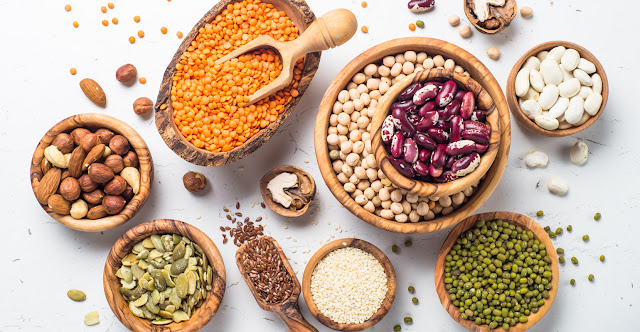Protein A Resin Is Still a Popular and Effective Method for Purifying mAbs
Protein A resin is a commonly used chromatography resin in the biopharmaceutical industry. It is composed of a matrix, usually made of agarose beads, that has been coated with recombinant Protein A, a protein that specifically binds to immunoglobulin G (IgG) molecules from a variety of species, including humans, mice, and rabbits. This specificity makes Protein resin a valuable tool for purifying monoclonal antibodies (mAbs), which are commonly used as therapeutics to treat cancer and autoimmune diseases.
The purification of mAbs involves several steps, including cell culture, harvest, and purification. Once the mAbs are produced by the cells, they are typically harvested from the cell culture supernatant and subjected to various purification steps to remove impurities and isolate the desired product. Protein resin is often used as the first step in this purification process, as it can selectively bind to and isolate mAbs from other proteins present in the culture supernatant.
The global Protein A Resin Market is estimated to account for US$ 511.7 Mn in terms of value in 2020 and is expected to reach US$ 907.3 Mn by the end of 2027.
The mechanism of action of Protein resin is based on its ability to specifically bind to the Fc region of IgG molecules. The Fc region is the tail end of the antibody molecule that interacts with other cells and molecules in the immune system. Protein A recognizes and binds to a specific amino acid sequence within the Fc region, allowing it to selectively capture IgG molecules from a complex mixture of proteins.
The binding of IgG molecules to Protein A Resin is reversible, which allows for elution of the purified product under controlled conditions. Elution is typically achieved by changing the pH or salt concentration of the buffer used to wash the resin, which disrupts the interaction between the Fc region and Protein A. The eluted mAbs can then be further purified and characterized to ensure their quality and efficacy as therapeutics.
One of the advantages of Protein A resin is its high selectivity for IgG molecules. This allows for the isolation of mAbs with high purity and yield, which is important for the development of safe and effective biopharmaceuticals. In addition, Protein resin can be regenerated and reused multiple times, making it a cost-effective and sustainable option for large-scale purification processes. Despite these alternatives, Protein resin remains a widely used and effective tool for the purification of mAbs. Its selectivity, reproducibility, and scalability make it an important component of the biopharmaceutical manufacturing process. Advances in Protein A resin technology, such as the development of high-capacity and high-throughput resins, are continuing to improve the efficiency and yield of mAb purification processes.


.jpg)

Comments
Post a Comment